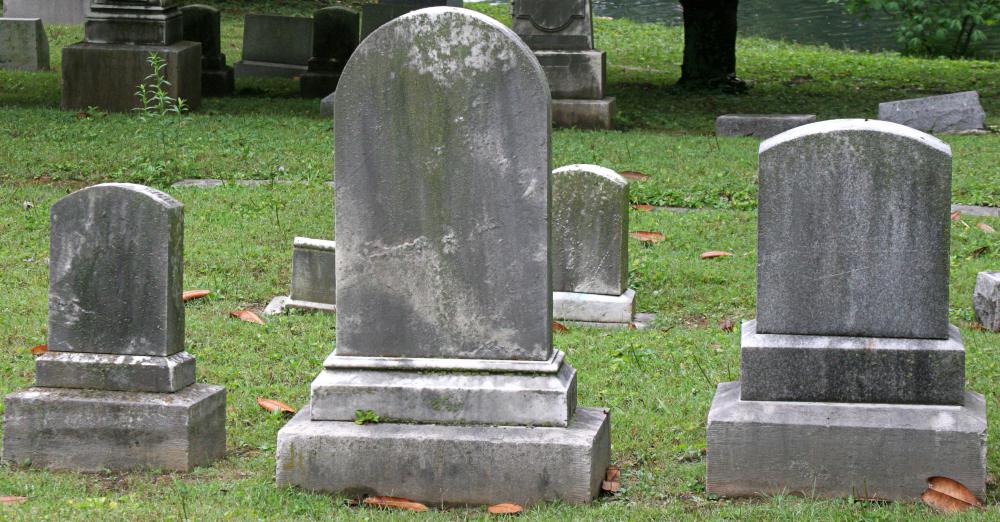At SmartCapitalMind, we're committed to delivering accurate, trustworthy information. Our expert-authored content is rigorously fact-checked and sourced from credible authorities. Discover how we uphold the highest standards in providing you with reliable knowledge.
What is Life Insurance?
Life insurance is a form of insurance that pays monetary proceeds upon the death of the insured covered in the policy. Essentially, a life insurance policy is a contract between the named insured and the insurance company wherein the insurance company agrees to pay an agreed upon sum of money to the insured's named beneficiary, so long as the insured's premiums are paid current.
Purpose

People take out life insurance policies for a number of reasons. Such insurance provides security to family members upon the loss of a loved one. For instance, if the primary wage earner dies in his or her prime, the death benefit received from the policy will assist the surviving family members in overcoming the burden of the tragic loss. The proceeds can also help pay for funeral costs when the death is unexpected.

Life insurance can be purchased by individuals, but is also offered as a perk by many employers. Often times, large employers and government employers offer group life insurance at no cost to the employee. Should the employee wish to obtain additional coverage from the employer's insurance company, they can usually do so at reduced rates. In most circumstances, the insurance becomes once the employee no longer works for the company.
Cost

The cost of life insurance varies depending on such factors as the insured's age, health, and occupation. Essentially, the more likely a person is to die at an earlier than average age, the higher that person's premium charges will be. For example, the premium for a 25-year-old, male, non-smoker in excellent health will be far less expensive than a similar policy for a 65-year-old male smoker. Similarly, a sky dive instructor would have to pay much higher premiums than would a librarian.
Options

Life insurance is available in a number of different forms from several companies. Each company has financial representatives who help customers select the best insurance products for their needs. Some of the typical forms of life insurance policies include: whole life, variable life, and term life.
- Whole life: With whole life insurance, a portion of each premium pays for the insurance and the remainder serves as a tax-free investment. A whole life policy sets a premium at the beginning of the policy and that premium does not change over the life of the policy. This form of insurance allows for a cash build-up during the insured's life. This cash build-up can be used during the course of the policy or it will simply serve to increase the death benefit in the end.
- Variable life: Variable life products begin with low premiums during the initial stages of the policy and these premiums increase steadily as the insured grows older. There should be a cash build-up as long as the various mutual funds selected by the insured perform well.
- Term life: Term life policies have premiums that remain the same over the life of the policy, which typically ends when the insured reaches a specific age. There is no cash build-up in a term policy and, accordingly, the death benefit will not increase.
AS FEATURED ON:
AS FEATURED ON:
















Discussion Comments
@ValleyFiah: I'm pretty sure that it is true- just take a look at grey charges, and it'll be easier to believe.
@ Valleyfiah- It is disgusting, but very true. Congress has introduced legislation in the past to abolish these practices. The trade group The American Council of Life Insurers also archives information regarding these policies.
The IRS is taking offense though, and disallowing billions in interest deductions related to loans taken out against these policies. This has led to high profile court fights that have brought this corporate practice to the attention of the public.
In these cases companies like Walt-Disney, Dow Chemical, Wal-Mart, Winn Dixie Supermarkets, Proctor & Gamble, and others. Wal-Mart had over a quarter million of these policies out on their unhealthiest employees, some of which are worth upwards of $300,000. You can find this information in the public tax filings of many of these companies.
As far as finding out if you’re a covered “peasant”, you may be out of luck. Companies are not required to divulge that information.
@ Fiorite- That can't be true. How can our government pass a law like this? How do you know this is for real? It's just so hard to believe. How would I be able to find out if my company has one of these policies out on me?
There is a dark side to life insurance. Dead peasants insurance is a term coined by the insurance industry used to describe policies taken out on low-level employees by large corporations. The beneficiaries in these instances are the corporations, and the person they take the policy out on may never even know.
The worst part is this is 100% legal, accounting for 20 percent of the life insurance industry. What makes these policies so popular is the payout is tax free, and companies can borrow against them just like whole life insurance policies.
Congress has been unable, and unwilling, to do away with these types of policies, probably because lobbyists are pushing hard to protect these policies. The policies are worth $8 billion dollars a year in premiums, and corporations benefit from almost $2 billion dollars a year in tax breaks.
Post your comments